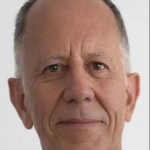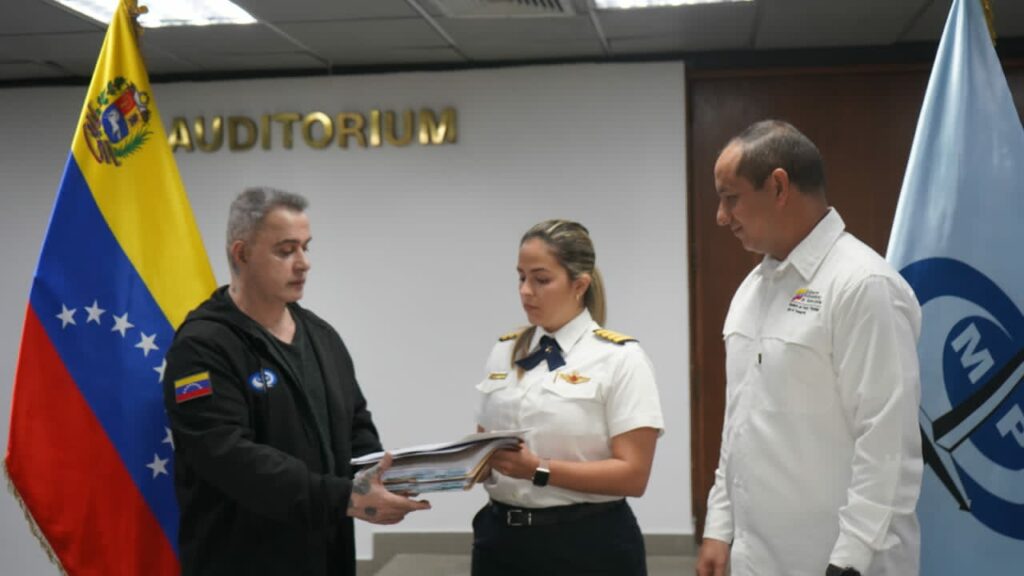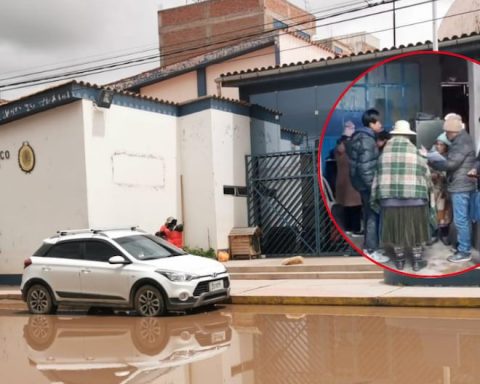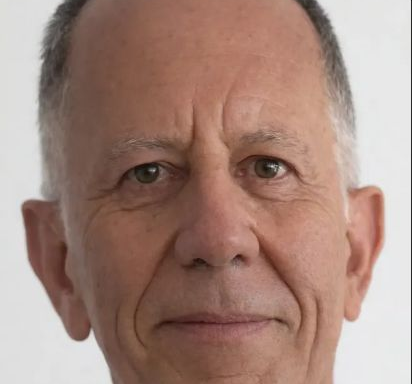This Wednesday treatment was given in the plenary session of the Chamber of deputies to the bill that decriminalizes and regulates the euthanasia procedure in Uruguay. The discussion took place after the Health and Social Welfare Commission of the lower house approved passing the initiative to the House with the votes of Cristina Lustemberg and Lucía Echeverry and Nibia Reisch, of the Colorado Partydespite the refusal of Alfredo Mattos (National Party) and Silvia Pérez Bonavita (Open Council).
The session started around 2:00 p.m. Lobbyist Eduardo Lust asked for it to be lifted, but he did not have enough votes (only six), so he continued.
Terminology adjustments
At a press conference, legislator Echeverry stated that “some adjustments” were proposed with respect to the concepts of the proposal.
“Some adjustments were proposed that have fundamentally been set so that the terms account for the precise concepts proposed in these articles. It is about guarantees and conditions that is the best way to ensure this right”, he explained.
When asked about the terms themselves, Echeverry said: “The truth is that this right that is trying to be recognized and regulated occurs at a very exceptional moment in a person’s life. In this framework, where it was mentioned that they are chronic, incurable and irreversible pathologies, there is an important concept of ‘progressiveness’ or ‘final phase’, which is what is needed to be incorporated”, he indicated.
The Frente Amplio deputy said that “it could also be” the word “terminal”. But she explained that “from the point of view of science – according to clinical concepts that the impressive number of delegations that visited us pointed out to us – in the evolution of treatments, what is understood as ‘terminal phase’ can be modified”,
“That is what is sought to specify, so that everyone has the best guarantees,” he reiterated.
No restriction to specialists
Echeverry also referred to the debate on the possibility of doctors attending euthanasia cases going to specialists.
“We understand, after two years of debate, that guarantees must be given in the balance that must exist in the relationship between the person who expresses his firm, unequivocal and clear will to finish this terminal stage with dignity, and who has to assist him to guarantee all the procedures, that is the medical personnel”, he maintained.
“No medical specialty was established, but he is the one who has all the tools to clearly determine the expression of will, free from another eventual incidence,” he added.
Finally, the deputy spoke of guaranteeing the euthanasia procedure, but without placing excessive obstacles. “It makes no sense to guarantee a right on the one hand and put all the obstacles to it and that cannot be fulfilled. It is a right that we must ensure, ”she sentenced.


















